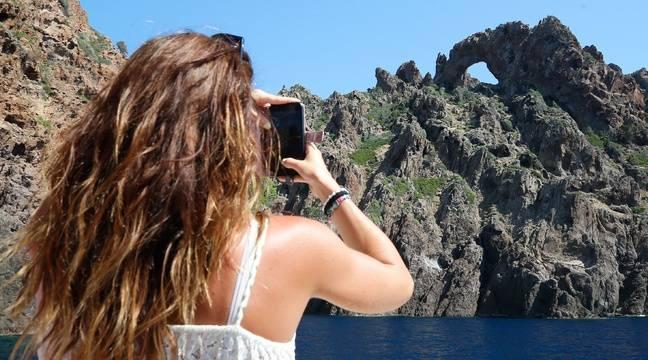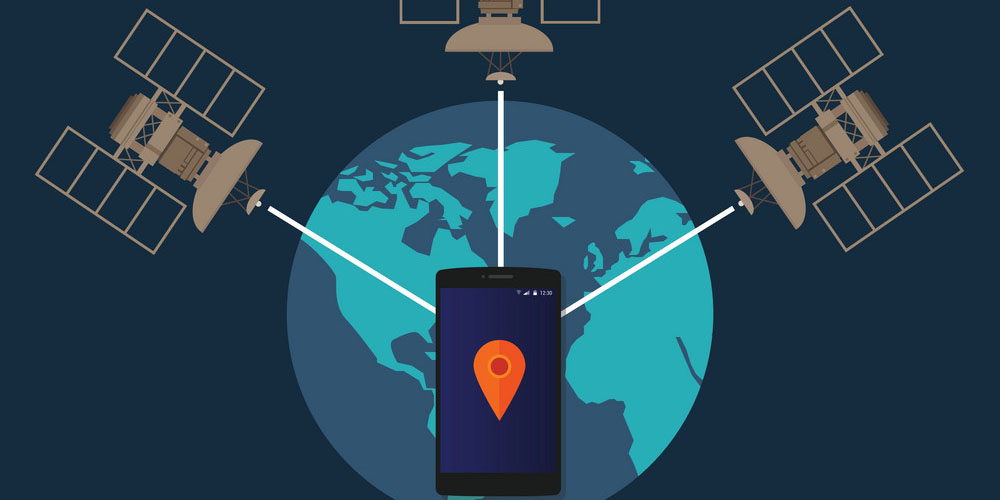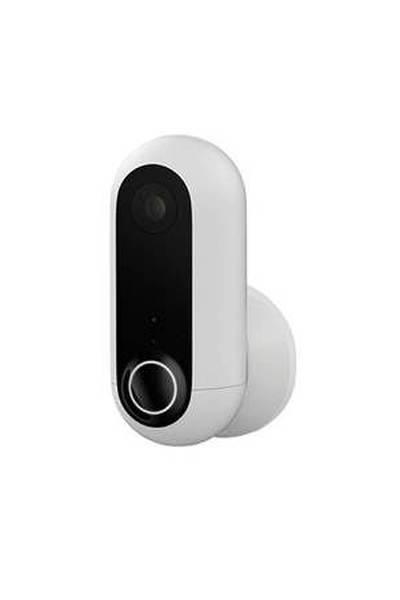Coronavirus: temperature checks at airports and ports in Corsica
As part of the fight against Covid-19, thermal imaging cameras will be deployed at the island's four airports in early July. The Chamber of Commerce of Corsica also wants to equip the ports to control the temperature of incoming passengers.
From July, the temperature of passengers at the four airports on the island will be taken on arrival by thermal cameras. In order to detect people potentially infected with Covid-19, there will be three of these devices in the Bastia and Ajaccio terminals; two in Calvi and two others in Figari.
The system, which also requires the use of trained agents, represents a colossal investment, commensurate with the challenge: saving the tourist season and therefore the island's economy, by reassuring tourists and locals alike the health security of the territory.
Thermal cameras: the simplest solution
"We were against the greenpass, recalls Jean Dominici, the president of the CCI (Chamber of Commerce) of Corsica, at the origin of this initiative We had to come up with something, a reassuring solution for everyone in terms of health because it is essential, but which also preserves economic activity. So we toured airports around the world to see what was being done. It turns out that a lot of airports have chosen this thermal camera system because it is the easiest solution to implement."
Such a system has already been in operation since mid-May at Roissy-Charles-de-Gaulle airport in Paris. It aims to detect possible carriers of Covid-19 upon arrival of flights, particularly international ones.
Two checks in case of doubt

The principle is as follows: the thermal camera checks all passengers and identifies those with a temperature above 38 degrees. If a feverish person is detected on disembarkation, a second check will be offered to this passenger with an infrared thermometer, without contact, handled by an agent trained in this practice. If again, the control is positive, the agent will explain the procedure to the person by giving them a leaflet reminding them of the need to see a doctor and take a test within 24 hours.
Will the individual then be isolated or left free to go to their vacation spot? The question is still under discussion with the ARS (Regional Health Agency). Once decided, the device will only have to be implemented. On arrival and possibly also on departure, if the other airports linked to Corsica deploy the same thing.
In ports, another legal framework
In ports, the prefecture of Corsica has also agreed to the principle of temperature control, but there is a major difference: the framework legal.
For airports, it already exists, it is fixed by the decree of May 31, 2020. Its article 12 stipulates that "the airport operator and the air transport company are authorized to subject passengers to temperature controls". Nothing of the sort is specified concerning maritime transport, but this legal framework is being modified in order to be able to apply in ports.
As for the practical arrangements, further specifies the prefecture of Corsica, they are discussed independently for each site. Here too, agents will be trained and flyers will be published to indicate to passengers the steps to follow in the event of symptoms.
Nearly a million euros in cost?
It remains to be seen for how long and how much money this system will be in force on the island. Because if the purchase of cameras costs "only" 100,000 euros, the use of service providers to handle infrared thermometers in airports and to control motorists in ports is much higher: "This device is encrypted 600,000 euros for airports and 300,000 euros for ports, if used until the end of the year", says Philippe Albertini. And the Director General of the CCI of Haute Corse to specify: "But we rather think that it will be put in place for three weeks and then we will see, depending on whether or not there have been cases". Which would bring the cost down to a much lower amount.
The CNIL calls for vigilance
This deployment of thermal cameras is under the control of the National Commission for Computing and Liberties (CNIL). This week, the CNIL formally called for vigilance regarding the use of this technology. In a press release on her website, she says she is "fully aware of the health situation". But adds that “certain devices envisaged do not respect the legal framework applicable to the protection of personal data”. According to the health authorities consulted by the CNIL, this device presents "the risk of not detecting infected people since some are asymptomatic and it can, moreover, be circumvented by taking antipyretic drugs", which reduce body temperature. .
Finally, the independent administrative authority insists on the need to provide an "adequate textual framework", when sensitive data is processed or when the right of opposition cannot be applied in practice in the public space.




